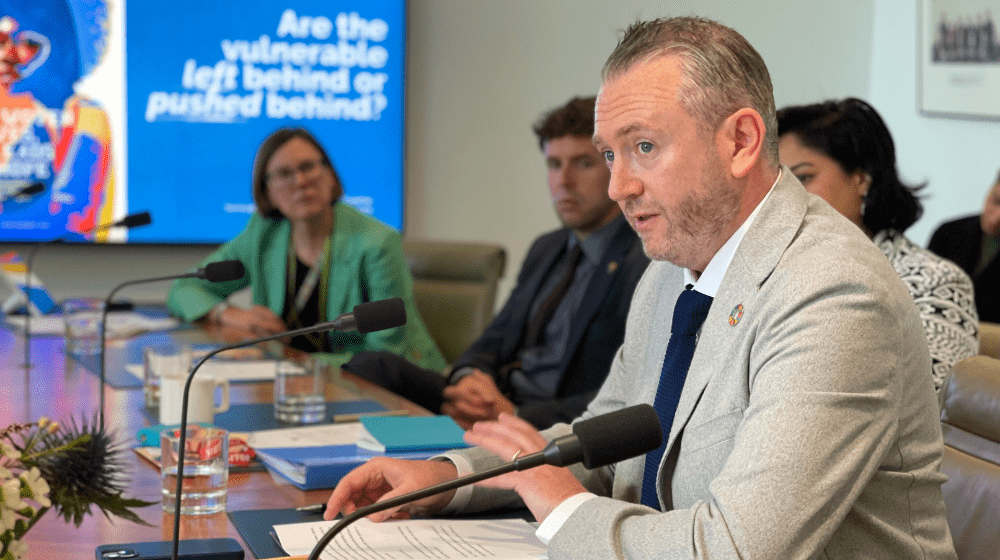Canberra/Bangkok, 13 August 2024: Millions of women and girls in Asia and the Pacific face severe sexual and reproductive health risks due to racism, sexism, and other forms of discrimination despite 30 years of significant global progress, according to this year’s UNFPA’s State of the World Population report.
Presenting the report findings to parliamentarians in Canberra, Australia today, Mr. Pio Smith, UNFPA Regional Director for Asia and the Pacific, said, “In Asia and the Pacific, we’ve seen progress: child marriage has steadily declined, adolescent pregnancies have halved, people across the region are living longer and healthier lives and maternal mortality decline by 61 percent."
“Despite these successes, the rate of progress has slowed and in some cases, it has stalled altogether. Millions of people, especially the most marginalized, remain far behind. More often than not, those left behind have the face of a woman or girl”.
“It is global solidarity that helped the world move forward after Cairo, 30 years ago, and its global solidarity that will help countries renew their commitment and promise to uphold people’s sexual and reproductive health and choices by placing them at the centre of population policies.”
The report "Interwoven Lives, Threads of Hope: Ending Inequalities in Sexual and Reproductive Health and Rights" exposes a troubling reality that healthcare advancements have largely benefited wealthier women and those from ethnic groups with better access to services.
Women and girls with disabilities, migrants and refugees, ethnic minorities, LGBTQIA+ individuals, people living with HIV, and those from other marginalized communities face exacerbated sexual and reproductive health risks and inequitable access to care. Their vulnerability is further intensified by climate change, humanitarian crises, and mass migration, which disproportionately affect women.
In Asia and the Pacific alone, more than six women die every hour from preventable causes related to pregnancy and childbirth. Less than one in four sexually active unmarried young people use contraception. Additionally, on average, half of the women from the Pacific Islands have experienced physical or sexual violence by an intimate partner at least once in their lifetime.
Australia is a significant supporter of UNFPA, especially during humanitarian crises. Programmes like Cash Voucher Assistance and Accountability to Affected Populations have profoundly impacted many lives across the region. By delivering crucial sexual and reproductive health services in disaster-hit areas and backing initiatives that empower women and girls to make informed decisions about their futures, UNFPA’s partnership with Australia has been vital in ensuring that even the most vulnerable are not left behind.

The event held today in Canberra was coordinated by Family Planning Australia and the Australian Parliamentary Group on Population and Development.


